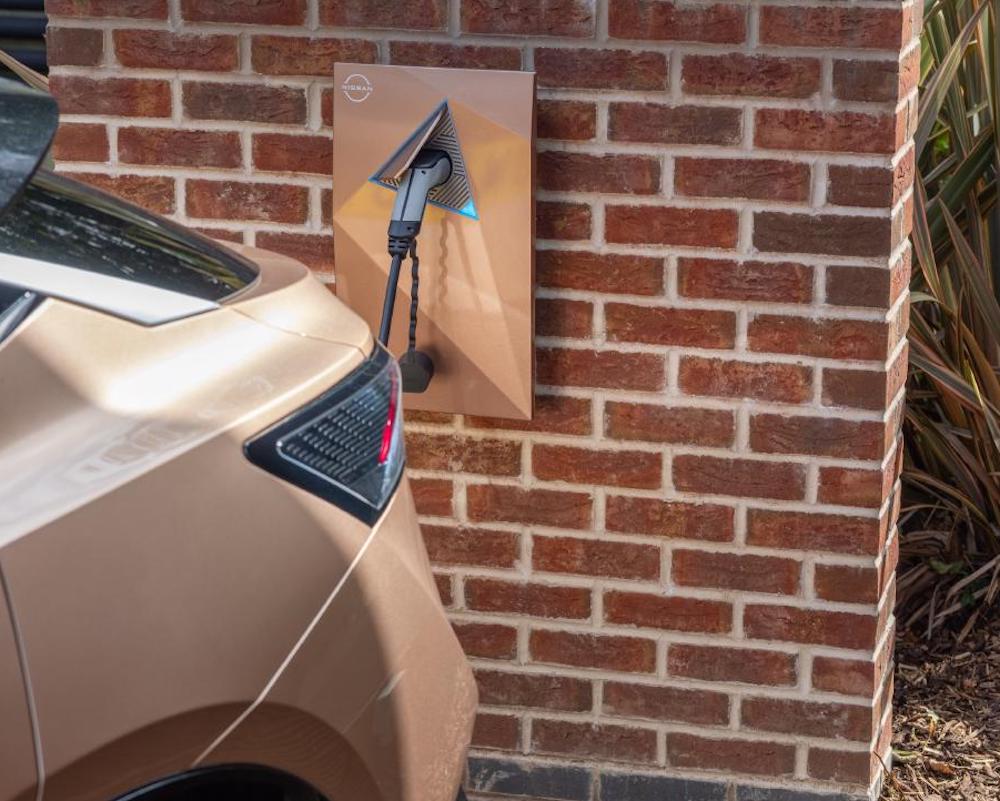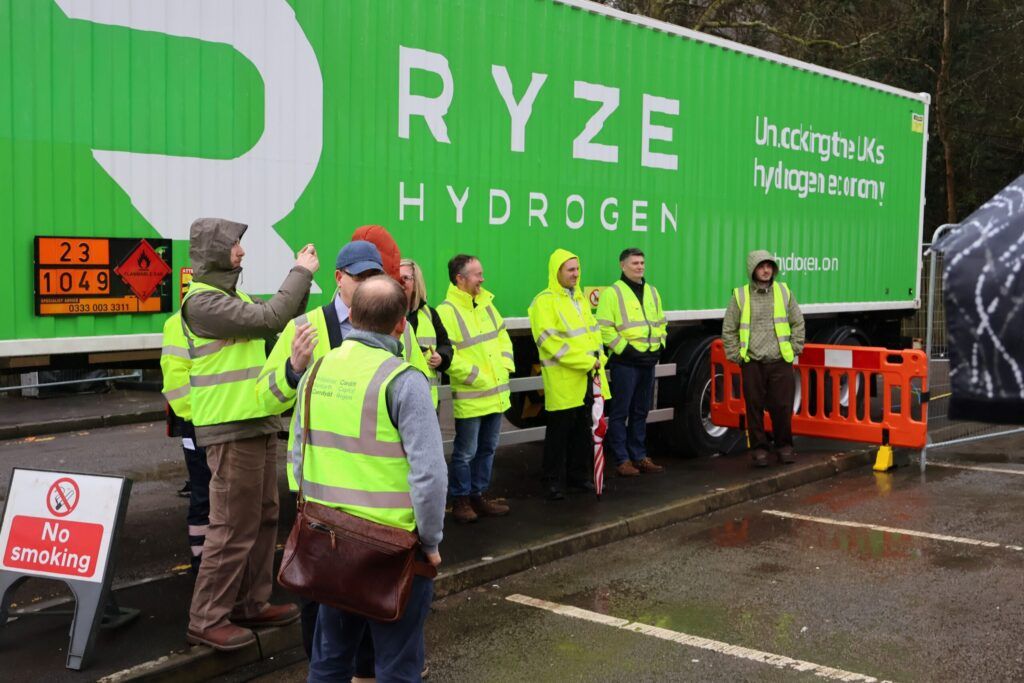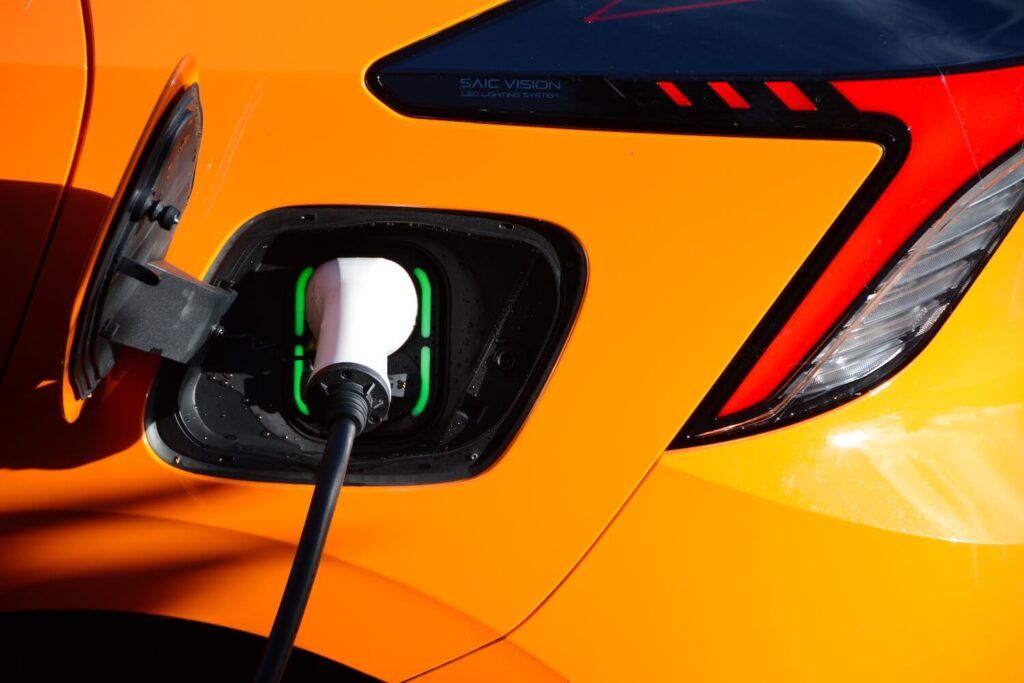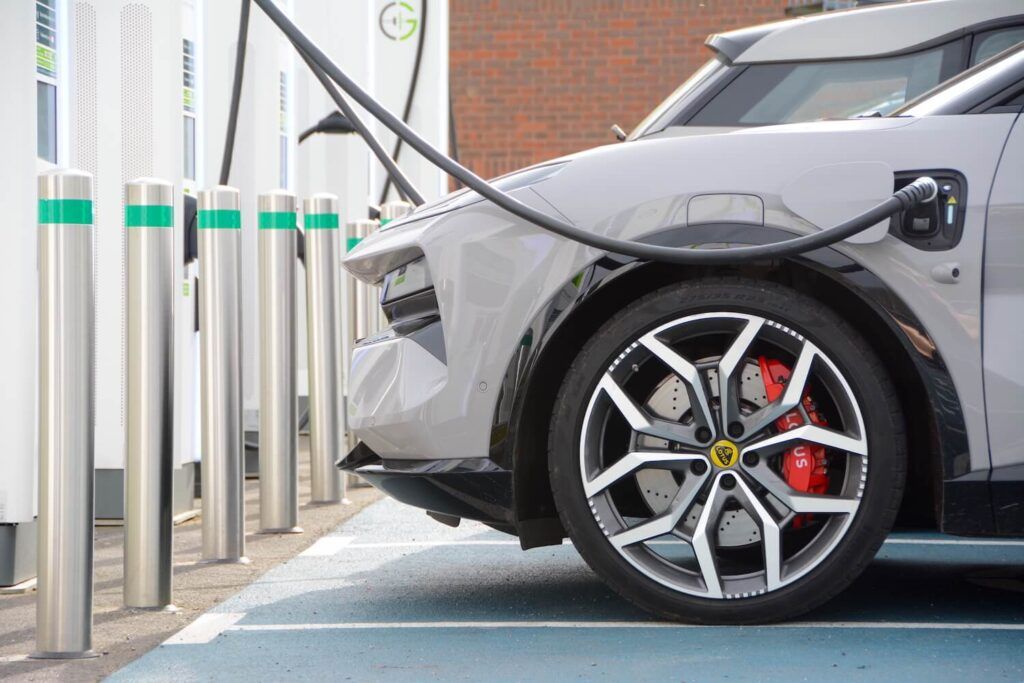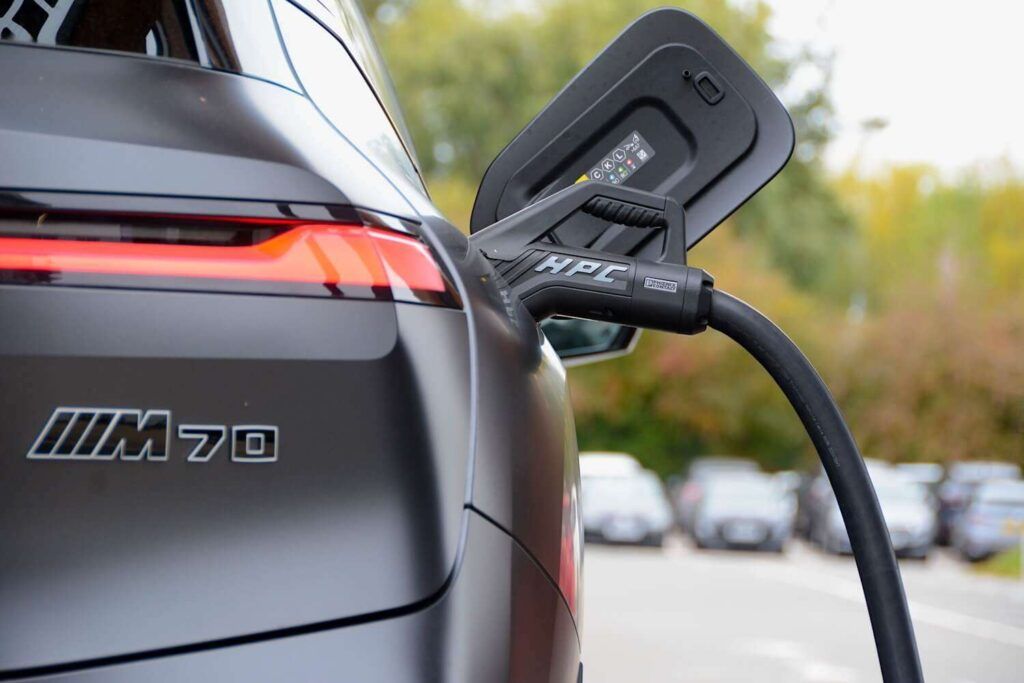Vehicle manufacturer Nissan has announced it will launch affordable on-board bi-directional charging on selected electric vehicles (EV) from 2026.
The firm said that through its on-board bi-directional V2G technology, customers can cut the annual cost of powering an EV by up to 50%. This technology can also reduce net CO2 emissions from charging yearly by 30% per EV for the average UK household.
The move, which could potentially radically reduce the costs of charging, comes as part of the company’s plans to create a sustainable energy ecosystem.
It forms part of the firm’s business plan, The Arc, which highlighted how innovation for the EV transition could help to unlock new revenue streams, and also supports its Ambition 2030.
The Vehicle to Grid (V2G) technology allows EV owners to use electricity stored in their car’s battery to power their homes, or sell it back into the grid. It will launch in the UK initially, followed by other markets across Europe. In addition, the system will give customerscontrol and flexibility over their energy through a dedicated app.
<iframe width="560" height="315" src="https://www.youtube.com/embed/gUrOSMTT2Os?si=OxGRmU54t58OzcxN" title="YouTube video player" frameborder="0" allow="accelerometer; autoplay; clipboard-write; encrypted-media; gyroscope; picture-in-picture; web-share" referrerpolicy="strict-origin-when-cross-origin" allowfullscreen></iframe>The project is underpinned by Nissan’s experience in V2G trials with around 40 pilot projects conducted worldwide in the past decade. A year-long project at The University of Nottingham in the UK enabled Nissan to become the first car company to gain G99 Grid code certification with an AC-based solution, which is required to supply electricity into the UK national energy supply.
Under the Nissan Energy brand, the company now aims to roll-out its V2G technology across Europe and globally, where local infrastructure and regulatory requirements can be met.
The V2G UK trial has been partly funded by the UK Government’s Advanced Propulsion Centre (APC), a body established to support and accelerate the automotive industry’s transition towards net zero.
It also partnered with Dreev, a joint venture between EDF and NUVVE, for data collection, customer profiling and setting the charging and discharging plan by analysing information from the wall box, which was produced by Enovates, a Belgian-based mobility technology company.
Hugues Desmarchelier, Nissan Vice President, Global Electrification Ecosystem & EV Programs, said:
“The technology we are bringing to customers is a potential game-changer for how we view the car. Not just as a means of getting from A to B, but as a mobile energy storage unit, capable of saving people money, supporting the transition of our energy systems away from fossil fuels and bringing us closer to a carbon-free future.
“Nissan is proud to democratise technology for the benefit of society. The breakthrough in an on-board solution for two-way charging will be a substantial reduction in the cost of integrating a future EV into your energy supply, and the ability to leverage the car as a source of income over its lifecycle.”
APC Chief Executive, Ian Constance, said:
“This is a significant milestone for the collaborative research and development project, led by Nissan Technical Centre Europe and supported by the Department for Business and Trade through the APC. Investing in pioneering vehicle-to-grid technology and R&D in the UK is part of a system-level approach to decarbonisation.”
Future of Roads Minister Lilian Greenwood, said:
“A greener transport network is a key priority for this Government, and by working together with industry we will boost consumer confidence and achieve our shared goal of getting more EVs on the road.”
Eric Mévellec, CEO for Dreev commented:
“We have been working alongside Nissan for years on this revolutionary technological adventure, and we are thrilled to be a part of this new chapter.
We are convinced that, by reducing the electricity bill for the customers while providing huge storage capabilities for the electrical system, V2x technology has a major role to play in the energy transition.”
Bart Vereecke, CEO of Enovates, said:
“This test marks an important step in creating a sustainable, interconnected energy future where electric vehicles play a central role in sustainable mobility solutions and resolving energy grid congestions.”
Chairperson of Nissan’s Africa, Middle East, India, Europe and Oceania region, Guillaume Cartier, said:
“One of the big challenges faced by society today is energy supply – how do we make it affordable, reliable and clean.
“At Nissan, we see a future for our customers where their energy comes from the car on the driveway – not only the power station – fully integrated, flexible and cleaner.”
Image and video courtesy of Nissan




